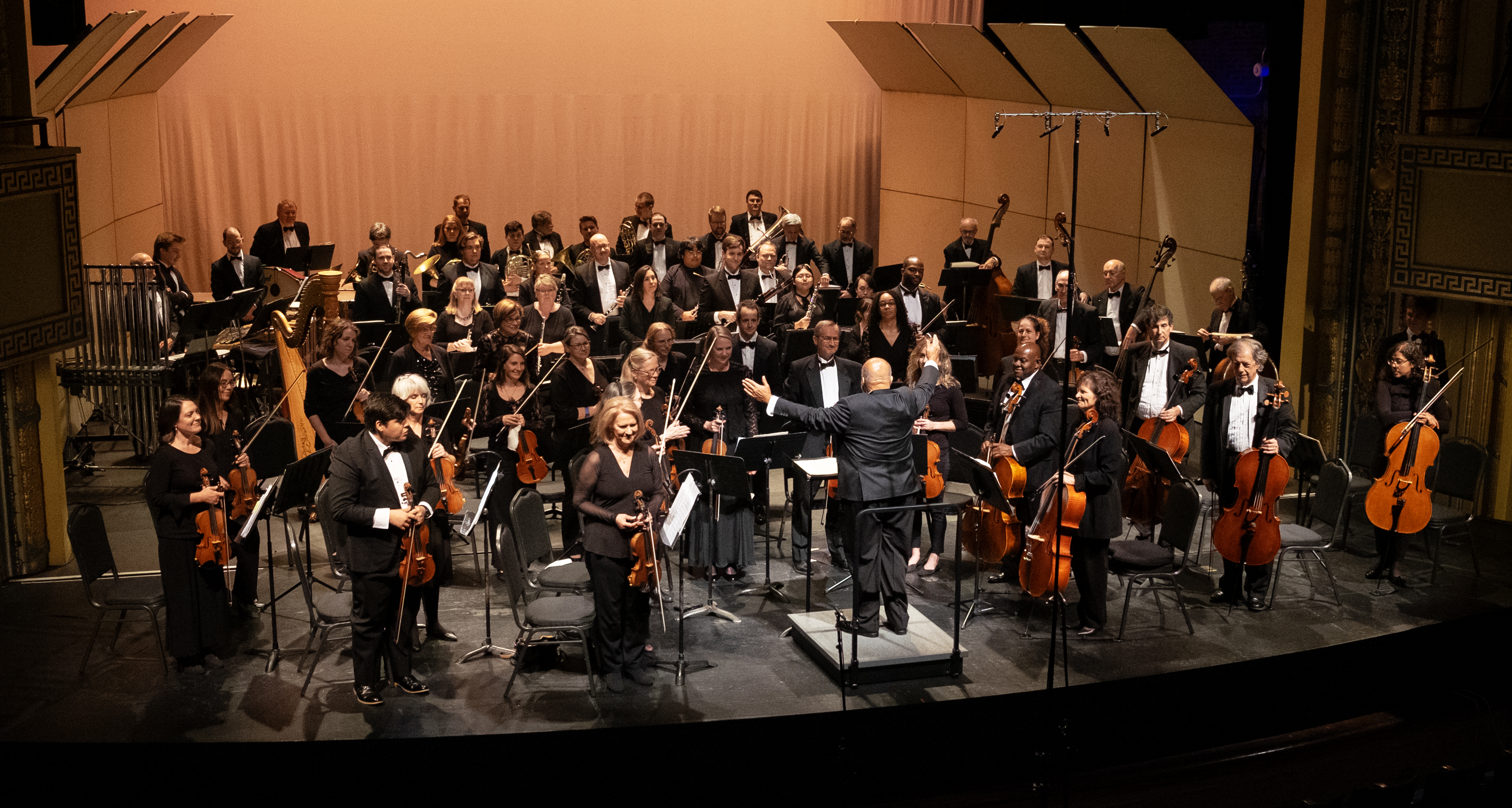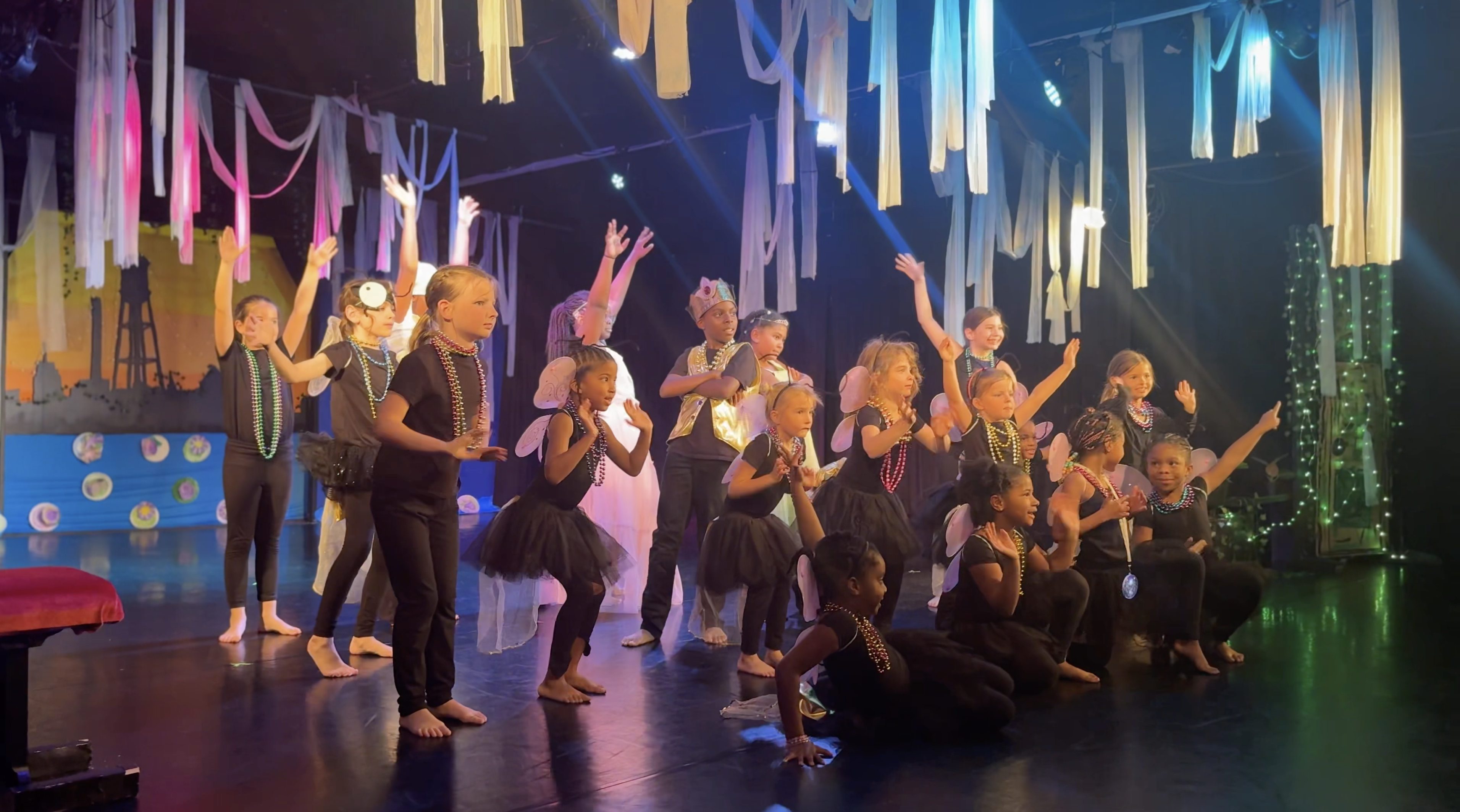Fostering creativity, innovation, and learning in the Triangle
Artist JP Jermaine Powell paints a mural for The ArtsCenter, Carrboro
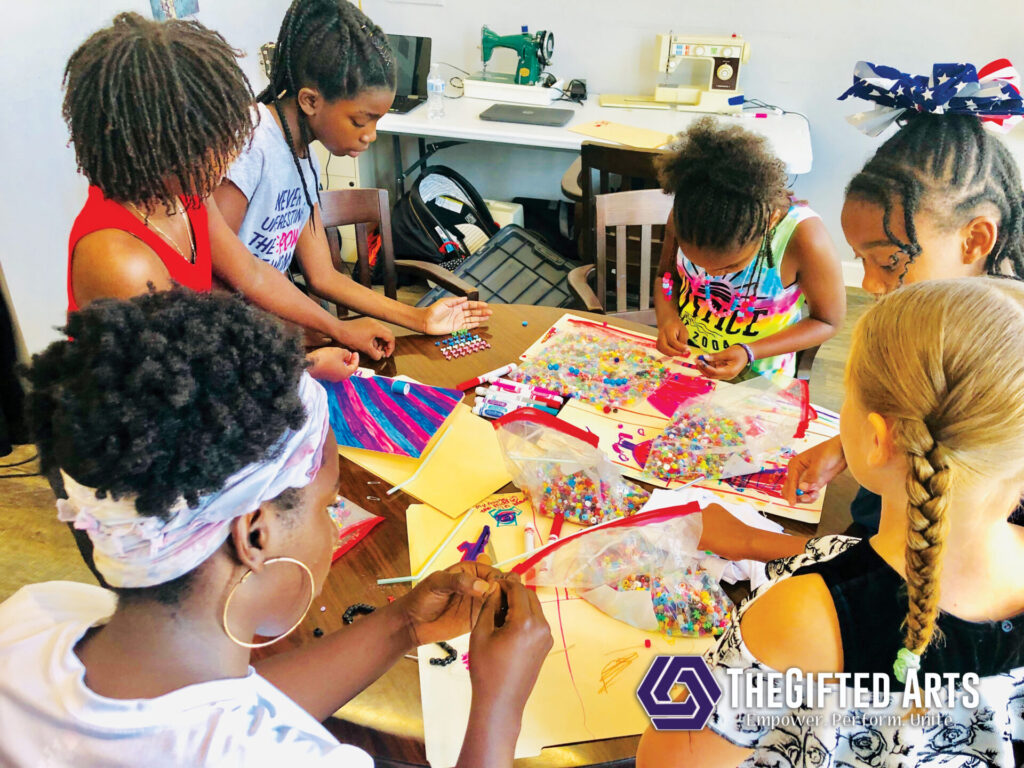
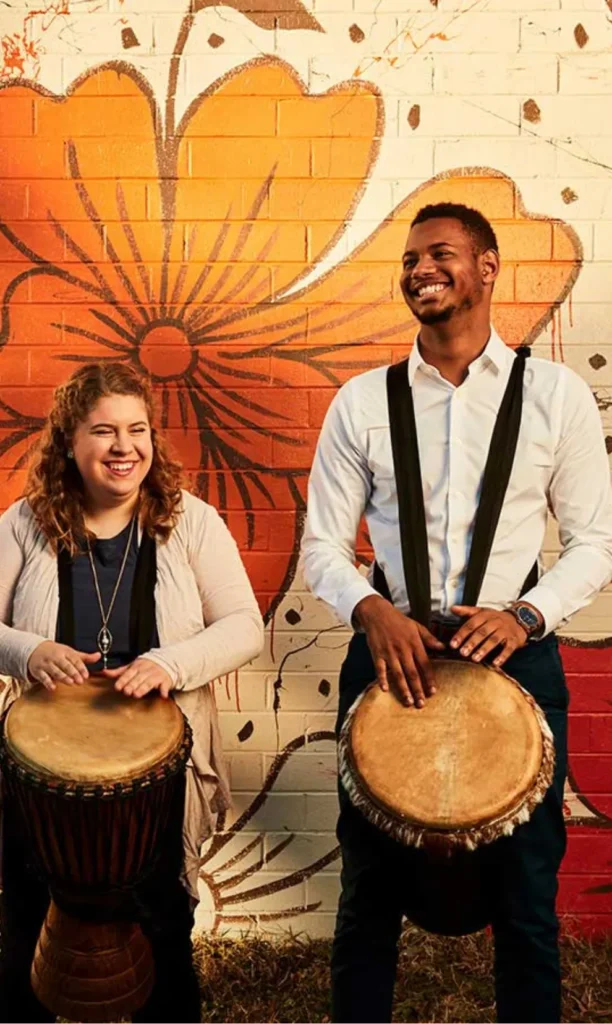
About Us
For nearly 70 years, we have remained committed to a tradition of carrying out Mary Duke Biddle’s goal of sharing resources in a way that improves people’s lives and responds to evolving community needs.
The Mary Duke Biddle Foundation supports arts, arts education, and student academic success nonprofits organizations in the Triangle region of North Carolina. Additionally, we support Duke University and other institutions of great importance to Mary Duke Biddle's family.
Durham Symphony Orchestra: A Vibrant, Courageous Community Ensemble
A typical classical music concert may bring to mind centuries-old music and European composers in powdered wigs. Now approaching […]
Read More.El Vínculo Hispano: Celebrating 30 Years of Latinx Pride
From the breathtaking Blue Ridge Mountains to the glimmering Outer Banks, North Carolina has much to showcase, including more than […]
Read More.Walltown Children’s Theatre: Building on a Powerful Legacy for 25 Years
How does a neighborhood theater cultivate world-class, internationally recognized performers, nurture tomorrow’s leaders, and uplift an entire community-all while […]
Read More.“Walltown is more than a place where people learn to sing, dance, do art, act, various types of music. It's evolved to be a home for everybody who comes here. It's more of a family than a building"
Brianna Williams, Walltown Children's Theatre, Durham
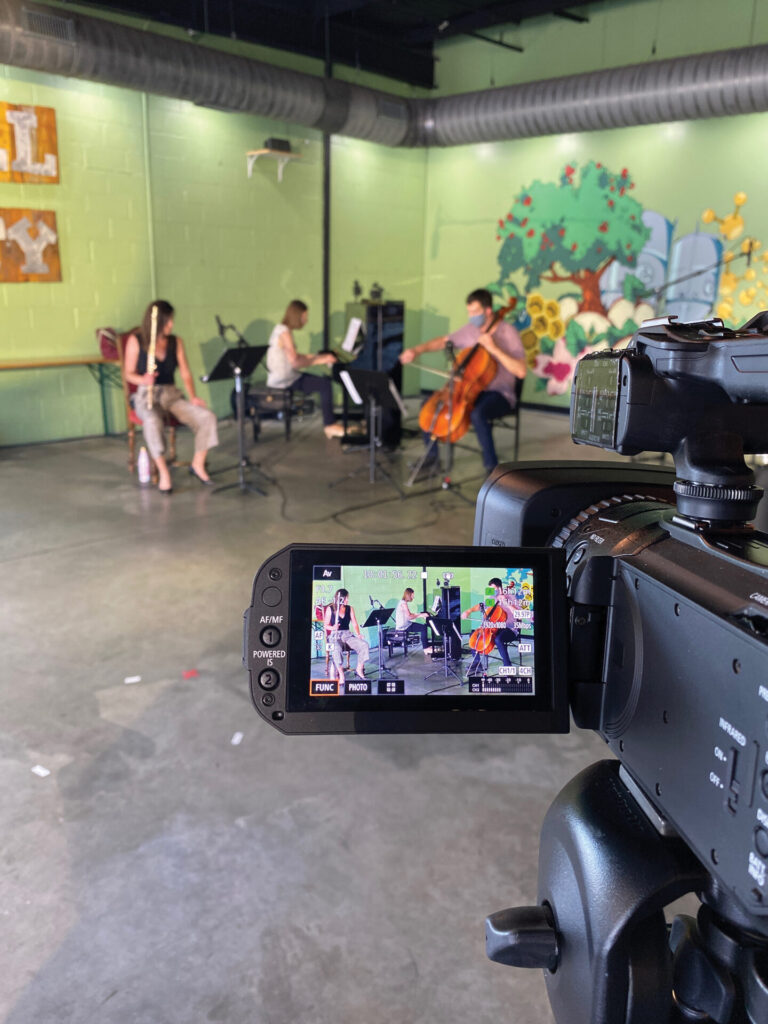
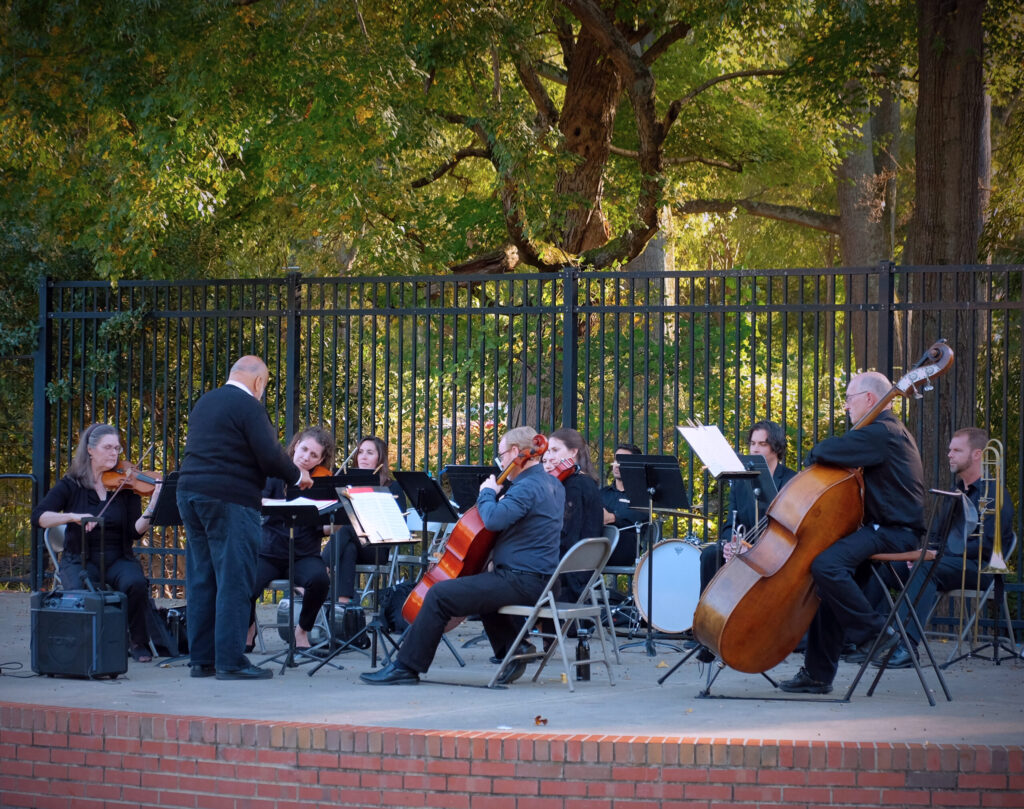
The Arts
The arts are essential to strong, vibrant communities. A dynamic cultural sector is a catalyst for growth, attracting and retaining businesses and visitors. They strengthen neighborhoods and communities by preserving the culture and memories of specific places and have a positive impact on health and well-being. The arts provide spaces to allow people from different backgrounds to engage with one another and opportunities to build community. Perhaps most importantly, they offer personal enjoyment to individuals, groups, and families, and give voice to the human condition.
The Mary Duke Biddle Foundation focuses its arts grantmaking on efforts that strengthen arts organizations and nurture artistic talent.
Arts Education
Participating in the arts confers numerous benefits, from providing captivation and pleasure, to providing a vehicle for self-expression, to promoting cognitive growth and the capacity for empathy. Arts education can also provide the means for sharing ideas and images, cultural and political knowledge, and insights about humanity across generations. By nurturing creative thinking, collaboration, and other competencies, arts education can play a vital role in preparing students for fulfilling and successful lives and careers.
The Mary Duke Biddle Foundation supports organizations whose primary purpose is to provide high-quality, participatory arts education experiences for PreK-12 students. These organizations work with students who lack access to such programming because of economic conditions, race or ethnic background, geography, or different abilities.
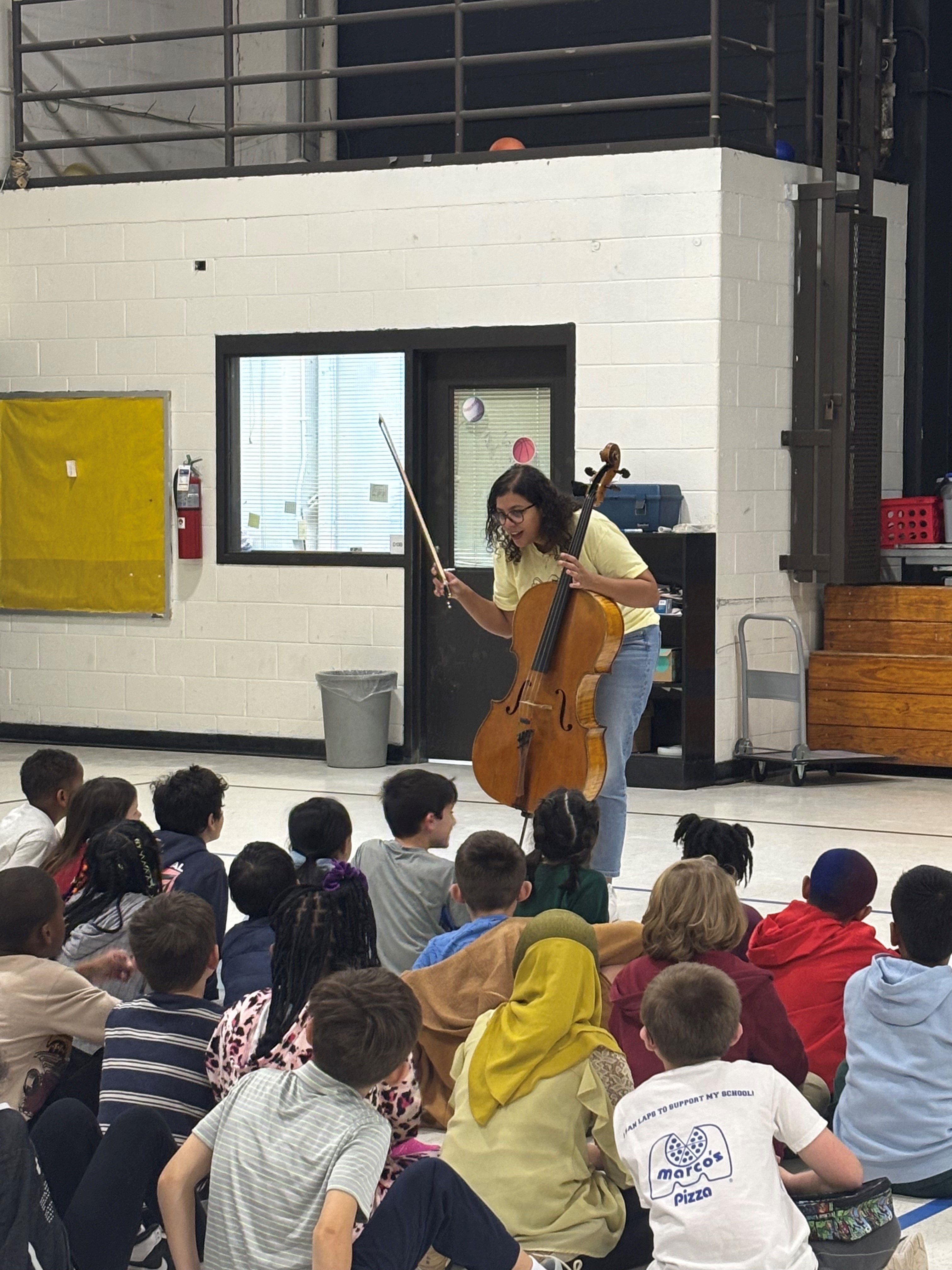

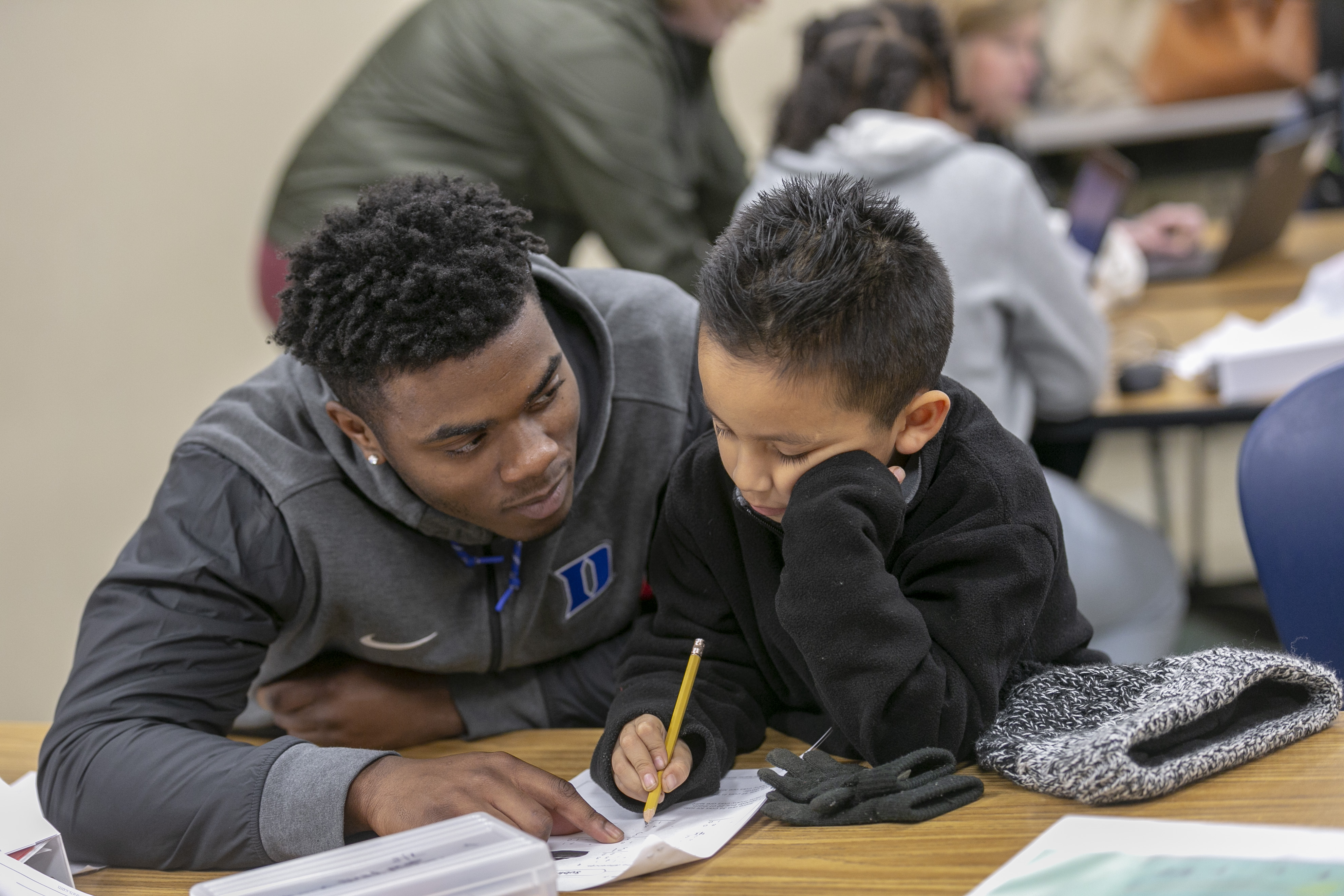

Student Academic Success
The Mary Duke Biddle Foundation has a longstanding commitment to youth education. We support organizations whose primary purpose is to increase student academic achievement through high-quality, academic-focused learning opportunities that align with the standard PreK-12 academic curriculum. These organizations work with students who lack access to programs because of economic conditions, race or ethnic background, geography, or different abilities.

